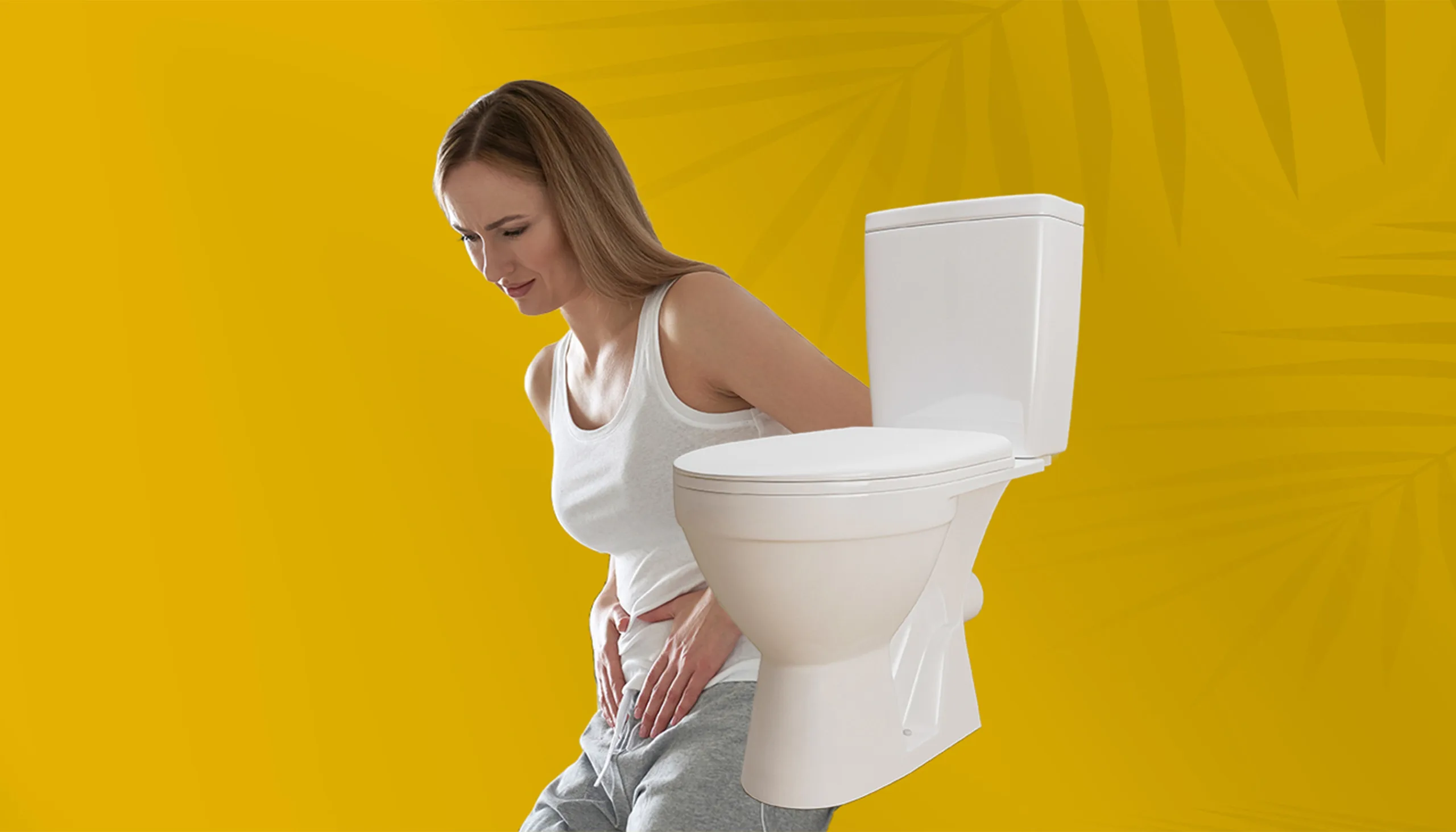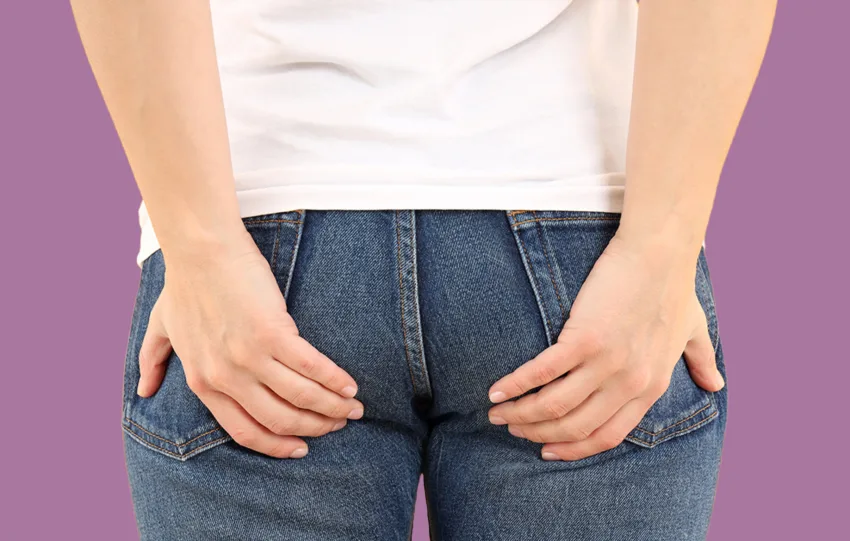Feeling like you’re peeing all the time can be both inconvenient and worrying. This frequent need to urinate, known as polyuria or urinary frequency, can stem from a variety of causes, ranging from lifestyle choices to underlying health conditions. Understanding the top reasons behind this symptom is essential for addressing the issue effectively. Here are some common causes:
1. High Fluid Intake
When you drink a lot of fluids, especially those that are diuretic in nature like caffeine and alcohol, your kidneys have to work overtime to filter and expel the excess water. This process increases the volume of urine your body produces, leading to more frequent bathroom visits. It’s a straightforward cause and effect: the more you drink, particularly diuretics, the more you’ll need to urinate.
2. Urinary Tract Infection (UTI)
A UTI occurs when bacteria infect parts of your urinary system, including your bladder. This infection irritates the bladder lining, causing you to feel the urge to urinate more often than usual, even if there’s not much urine to pass. The frequent need to urinate, despite having an empty bladder, is a key symptom of a UTI.
3. Overactive Bladder (OAB)
With OAB, the bladder muscles contract involuntarily when the bladder isn’t full, creating an urgent need to urinate. This can happen even if you’ve just gone to the bathroom. OAB can be due to a variety of factors, including neurological conditions, bladder abnormalities, or no identifiable cause at all.
4. Diabetes
Both types of diabetes can lead to excess sugar in your blood. Your body tries to eliminate this excess glucose through urine, leading to increased urine production. This mechanism is the body’s attempt to maintain blood sugar levels within a healthy range, resulting in the need to urinate more frequently.
5. Pregnancy
During pregnancy, the expanding uterus puts pressure on the bladder, reducing its capacity to hold urine and causing a frequent need to urinate. Hormonal changes also play a role, increasing blood flow to the kidneys and filling the bladder more quickly.
6. Interstitial Cystitis (IC)/Painful Bladder Syndrome
IC is a chronic condition characterized by bladder pressure and pain and an urgent need to urinate frequently. It’s thought to result from a malfunction in the bladder’s protective lining, allowing irritating substances in urine to inflame the bladder walls.
7. Diuretic Medications
These medications increase the removal of salt and water from the body, which can help with conditions like hypertension. However, by increasing urine production, they naturally lead to more frequent urination as the body attempts to balance fluid levels.
8. Prostate Issues
An enlarged prostate can press against the urethra (the tube through which urine exits the body), causing a variety of urinary symptoms, including frequent urination. This is because the bladder has to work harder to pass urine, leading to irritation and the sensation of needing to urinate even when the bladder isn’t full.
9. Anxiety and Stress
Stress and anxiety can increase your body’s physiological responses, including urination frequency. This is part of the body’s natural fight or flight response, preparing the body to either face a threat or run from it. Increased adrenaline can lead to more frequent urination.
10. Artificial Sweeteners and Foods
Certain substances in foods and drinks, including artificial sweeteners, can irritate the bladder, leading to an increased urge to urinate. This is because these substances can alter the urine’s composition or irritate the bladder lining directly.
11. Urinary Incontinence
This refers to the involuntary leakage of urine. It can make you feel like you need to urinate frequently because you may be more aware of your bladder’s sensations to prevent accidents, or because you’re actually experiencing small leaks.
12. Neurological Disorders
Conditions that affect the brain and spinal cord, like multiple sclerosis or a stroke, can disrupt the nerves that control the bladder, leading to urinary frequency. These disorders can either cause the bladder to become overactive or prevent it from emptying fully, each leading to more frequent urges to urinate.
Understanding these causes provides a foundation for seeking appropriate treatment or making lifestyle adjustments to manage the symptoms of frequent urination. If you’re experiencing this symptom, consulting with a healthcare provider is a critical step in identifying the underlying cause and finding relief.







